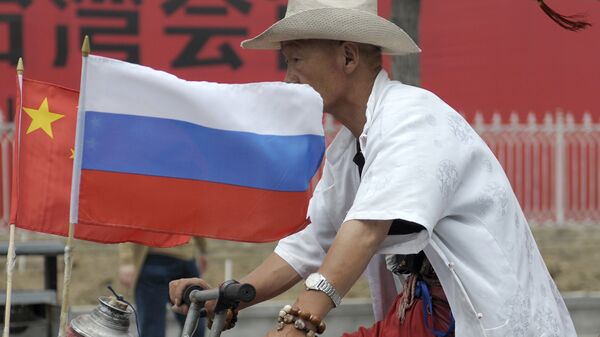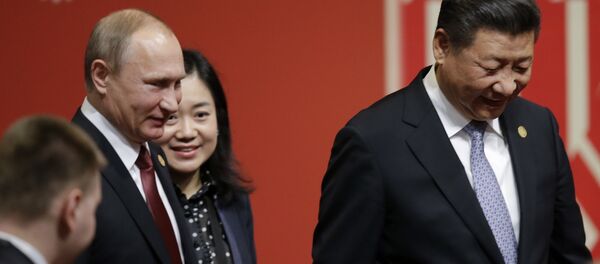"Despite currency market volatility and falling [commodity] prices, we have kept our niches on the Chinese market, we have expanded them and have found new ones, as well as having every chance to develop trade by implementing large-scale contracts and investment cooperation," Denisov told Russian reporters ahead of Russia's Diplomats' Day celebrated on February 10.
The Russian ruble depreciated by half against many currencies, including the yuan, in 2014 as oil and other commodity prices plummeted.
The ruble's fall has, however, helped Russian exports to China as Russian goods became cheaper and could even compete with some Chinese products in the agricultural, raw pharmaceuticals and e-commerce sectors, the ambassador noted.
Russian-Chinese trade grew 2.2 percent 2016 after a decline in 2015, according to China's General Administration of Customs figures. The two countries have been working on improving transport and postal service links as well as looking into ways of integrating various regional economic initiatives. In June, the sides agreed to start formal talks on coupling the Russia-led Eurasian Economic Union (EAEU) and China's pan-Eurasian One Belt, One Road initiative.



